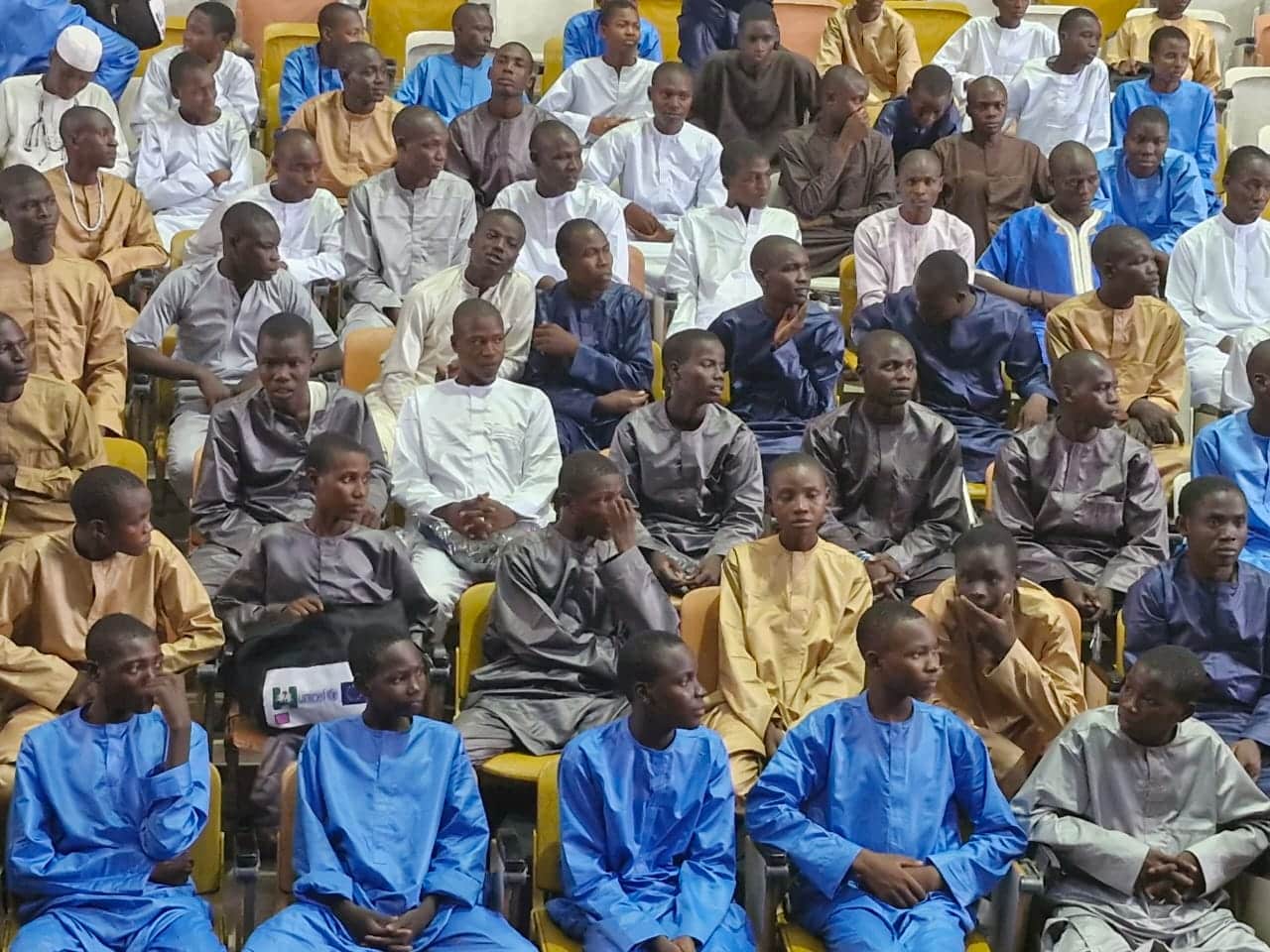More than 30,000 students of Nigerian tertiary institutions have been selected to benefit from the Nigerian Education Loan Fund (NELFUND) introduced by President Bola Tinubu, Senate President Godswill Akpabio has stated.
Akpabio who said this on Tuesday in a statement during his visit to the Nigeria Institute of Legislative and Democratic Studies (NILDS) in Abuja, stated that the Student Loan bill was one of the most significant pieces of legislation passed by the tenth Assembly.
He explained that the bill allows underprivileged children to pursue higher education without the burden of financial constraints, adding that it made the legislature most appealing to him as the Senate President.
“One of the most important bills for the tenth Assembly was the bill sent to us by President Bola Tinubu. The Student Loan Bill enables vulnerable Nigerian students, the less privileged to obtain higher education.
“And as I speak to you now, over 30,000 Nigerian students have already been selected to benefit from that scheme. That is one of the bills I will say appeal to me the most,” Akpabio said.
He also said that Nigeria might have prevented banditry if the country had retained its old-new national anthem, “Nigeria, We Hail Thee.”
He maintained that the message of the old-new National anthem could have eased the menace of banditry and insecurity if Nigeria had not abolished it in 1978.
“The other impactful bill signed by the National Assembly is the reverting to our old national anthem. A lot of people are not aware that there was a panel set up and made up of Nigerians to receive input from all over the world in 1959.
“So when people are saying we’re bringing in colonial anthem, they need to look into the history of “Nigeria, we hail thee.”
“If we had kept to that anthem, we probably would not have banditry today in Nigeria because if you take your neighbour as your brother, you will not want to kill him,” the Senate President added.

 4 months ago
51
4 months ago
51
















 English (US) ·
English (US) ·